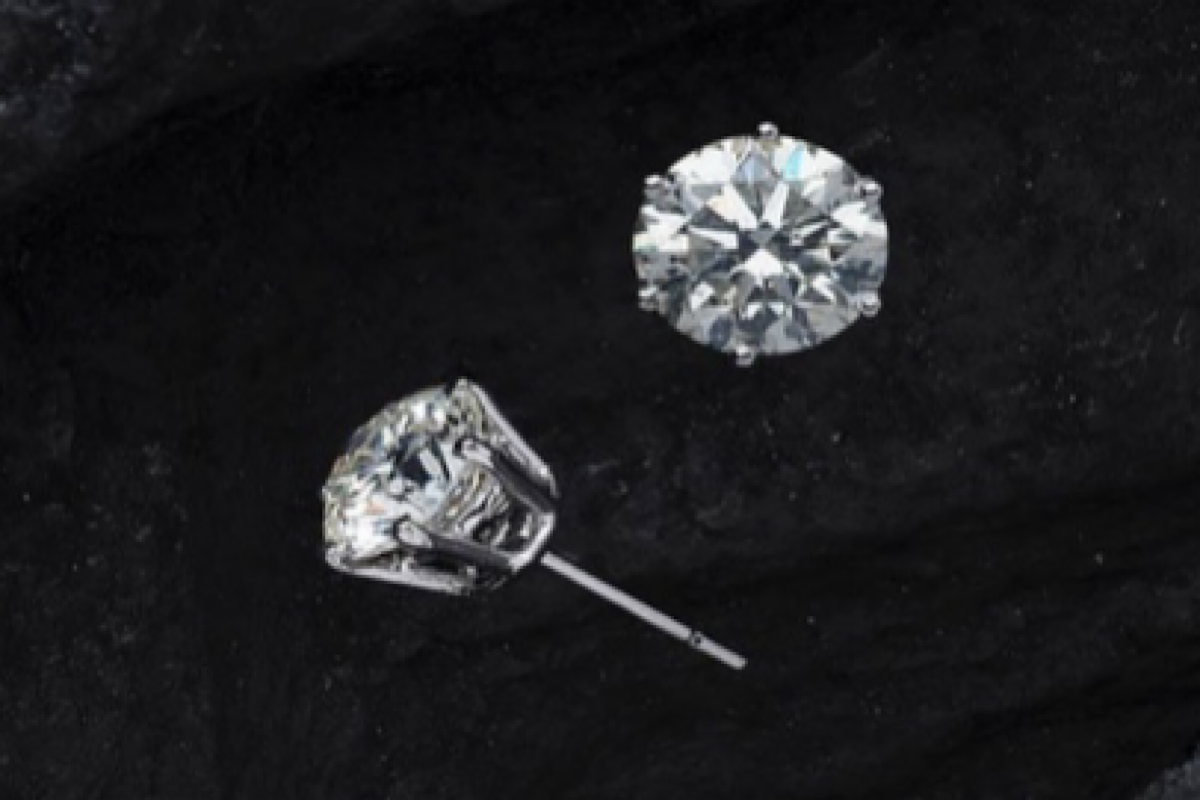Here are ten amazing facts about natural diamonds to help you understand these magnificent works of nature that have captured people’s attention for ages with their eternal beauty and charm.
Origin and Formation:
Advertisement
Natural diamonds are formed deep within the Earth’s mantle under extreme pressure and temperature conditions over billions of years. They are created from carbon atoms – the same element found in pencil graphite – arranged in a crystal lattice structure, making them one of the hardest materials known to man.
Rareness and Rarity:
Despite their popularity, natural diamonds are rare. Only about one in a million diamonds mined worldwide are of gemstone quality. This rarity adds to their value and allure.
Geological Sources:
Natural diamonds are sourced from numerous geological locations around the world. Major diamond-producing countries include Russia, Botswana, Canada, DR Congo, and South Africa. Each region produces diamonds with distinct characteristics, contributing to their unique beauty and desirability.
Age of Diamonds:
Most natural diamonds are estimated to be billions of years old, dating back to the formation of the Earth’s crust. Thus, wearing a diamond is nothing short of wearing a piece of ancient history.
Color Spectrum:
While diamonds are often associated with the traditional white colour, they come in a wide array of natural hues – but only 1 in 10,000 diamonds is a fancy colour. These colours are created when trace elements interact with the carbon atoms during the diamond’s creation. For instance, chemical elements such as nitrogen, sulphur, and boron can colour diamonds in shades of yellow, green and blue.
Clarity and Inclusions:
Almost all natural diamonds contain tiny imperfections or inclusions. These are the birthmarks that nature leaves within the gemstone. These imperfections can range from tiny crystals to fractures, and their unique patterns can be used to identify individual diamonds.
The 4Cs of Diamond Quality:
The value and quality of a natural diamond are determined by the 4Cs: Carat weight, Color, Clarity, and Cut. These factors are internationally recognised standards used to assess and grade diamonds.
Diamond’s Strengths:
Natural diamonds are incredibly durable and have a Mohs hardness rating of 10, making them resistant to scratching and wear. The only substance that can scratch a diamond is another diamond.
The rarity, artistry, and tales associated with natural diamonds are what enhance their brightness. Our appreciation of their worth, distinctiveness, and moral behaviour that upholds their integrity is increased when we are aware of their reality. Natural diamonds will never cease to astound and amaze us with their timeless elegance, whether worn in an engagement ring or passed down through generations.











